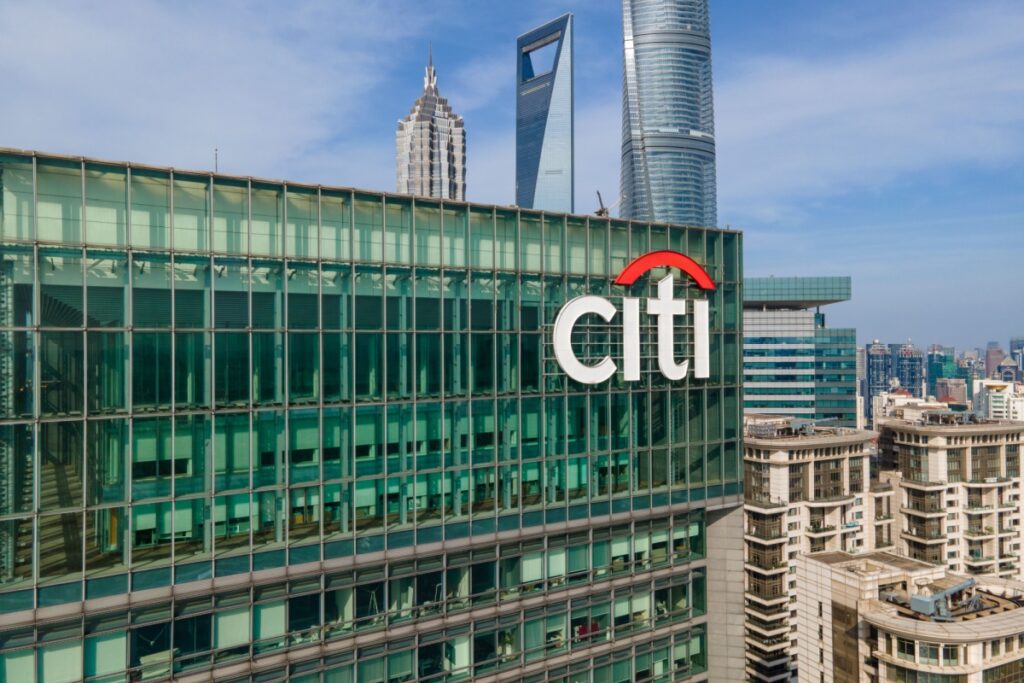A Strategic Push Into Direct Lending
Citigroup has appointed Aashish Dhakad to head North America private credit origination, a role that formalizes the bank’s growing effort to connect its corporate clients with non-bank lenders. The internal memo, seen by Reuters, says Dhakad will join in October 2025 and be based in New York, underscoring Citi’s bid to convert its client coverage into fee income as private credit continues to win market share from syndicated loans.
Private credit—loans from investment firms and other non-bank lenders—has evolved from a perceived rival to a frequent partner for big banks. Instead of carrying every loan on their own balance sheets, banks like Citi originate, structure and place deals with third-party capital, earning advisory and placement fees while preserving risk capacity. Citi’s latest move signals an intent to systematize that model across refinancings, growth facilities and bespoke structures, not just classic buyout financing.
Who Dhakad Is, And Why He Fits
Described as a two-decade industry veteran, Dhakad most recently worked at Ares Management, one of the world’s largest direct-lending platforms, and previously spent about 10 years at Bank of America in leveraged-finance roles. That mix—private-markets investing and large-bank underwriting—gives him the vantage point Citi wants: understanding how sponsors and credit funds assess risk while knowing how corporate treasurers and CFOs weigh certainty, speed and covenants. The memo frames his mandate as building a consistent origination funnel that taps Citi’s corporate and commercial banking relationships.
Citi is also leaning on precedents that proved out the approach. In September 2024, the bank and Apollo Global Management launched a $25 billion private credit and direct-lending program, marrying Citi’s origination reach with institutional capital. The Dhakad hire is widely seen inside the bank as the next step: broadening the pipeline to include investment-grade corporates, asset-backed deals and specialized financings, areas where private credit providers have expanded rapidly.
Why The Timing Matters For Citi
Wall Street’s pivot toward private credit has accelerated as companies seek speed and certainty amid higher rates and episodic volatility in public markets. By standing up a dedicated North America origination head, Citi is signaling that private credit isn’t an opportunistic sideline but a repeatable franchise. The memo emphasizes that direct lending “beyond traditional acquisition financing” represents a “massive opportunity,” and positions Citi to seize that demand by pairing its sector bankers with credit funds on bilateral or club transactions.
For Citi, the economics are compelling. Fee-rich arranging and placement work can grow even when risk appetite for on-balance-sheet lending is constrained. The bank already has deep sponsor, corporate and middle-market coverage; converting that coverage into a steady stream of private-market executions could smooth earnings and diversify away from more volatile underwriting windows. The hire also aligns with management’s broader goal of reviving deal flow and strengthening client share across financing solutions—especially as alternative asset managers push into sports financing, asset-heavy platforms and structured cash-flow deals where speed and customization are paramount.
What To Watch Next
Dhakad’s arrival in October will likely catalyze tighter coordination among Citi’s industry coverage, leveraged finance and commercial banking teams, creating a unified intake for opportunities suited to private capital. Expect a focus on proprietary, bilateral deals that prize confidentiality and execution certainty, alongside club transactions with leading direct lenders for larger tickets. Investors will watch how quickly volumes scale and whether Citi expands formal partnerships beyond existing arrangements as it matches corporate needs with the rapidly growing pool of private-credit dry powder.
The playbook is straightforward: originate through Citi’s client network, structure solutions that address timing and covenant sensitivities, and distribute to a curated set of private-credit providers. If executed well, that approach can deepen wallet share with sponsors and corporates, while allowing Citi to earn fees without deploying significant balance sheet on every transaction—an attractive combination in today’s market cycle.


